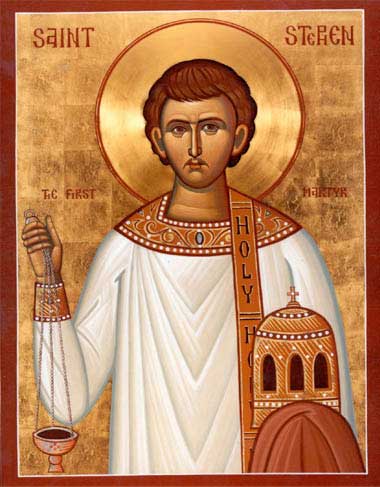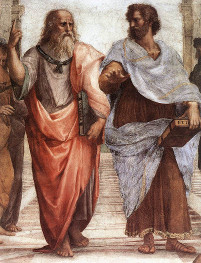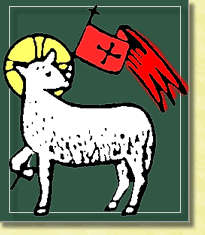Lamentations 1:1-6
2 Timothy 1:1-14
Psalm 137
Luke 17:5-10
 This morning’s lectionary readings contain two of the most difficult passages in all of Scripture. How does the preacher respond to a passage in which the final verse reads “Blessed shall he be who takes your little ones and dashes them against the rock”? (Ps. 137: 9). Certainly the preacher cannot suggest that this is an example to be emulated? “As we go forth this morning, let us remember these words from our Psalm: ‘Blessed shall he be who takes your little ones and . . .’ Uh, Never mind. Let us stand and say the words of the Nicene Creed.” Turning to the Lamentations passage does not make things any easier. Lamentations is probably the most depressing book in the entire Bible. At least the book of Job has a happy ending! There are lots of thoughtful commentaries and theological reflections on the Book of Job. Not so much on Lamentations. Can you imagine someone saying to a seminary student on the day of graduation “Congratulations! I’d like you to give you this commentary on the book of Lamentations to help you with your ministry”?
This morning’s lectionary readings contain two of the most difficult passages in all of Scripture. How does the preacher respond to a passage in which the final verse reads “Blessed shall he be who takes your little ones and dashes them against the rock”? (Ps. 137: 9). Certainly the preacher cannot suggest that this is an example to be emulated? “As we go forth this morning, let us remember these words from our Psalm: ‘Blessed shall he be who takes your little ones and . . .’ Uh, Never mind. Let us stand and say the words of the Nicene Creed.” Turning to the Lamentations passage does not make things any easier. Lamentations is probably the most depressing book in the entire Bible. At least the book of Job has a happy ending! There are lots of thoughtful commentaries and theological reflections on the Book of Job. Not so much on Lamentations. Can you imagine someone saying to a seminary student on the day of graduation “Congratulations! I’d like you to give you this commentary on the book of Lamentations to help you with your ministry”?
When we come across passages like this in Scripture, I think it helps to remember that the Bible is not a book, but a collection of books. The Bible does not speak with a single voice, but with many voices. I think it also helps to remember that these are voices in a dialogue. Voices in Scripture ask questions to which sometimes we have to turn to other passages in Scripture to hear the answers. I think that reading the Bible in this way is preferable to the kind of static view that imagines Scripture as a kind of database of theological propositions all of which are speaking with a single voice and saying the same thing. I think it is also preferable to the opposite view that says that the Bible is full of contradictions and so we can pick and choose what we like. Neither approach gives us a clue as to how the church might derive theological or spiritual insight from passages like this morning’s readings.
So I would ask my listeners this morning to hear the morning’s lectionary readings as voices in a dialogue. I am going to focus on three readings: the Psalm, the Lamentations reading, and the epistle reading from 2 Timothy. I would suggest that it is helpful to read each of these passages as asking the single question “Where is God?”


















